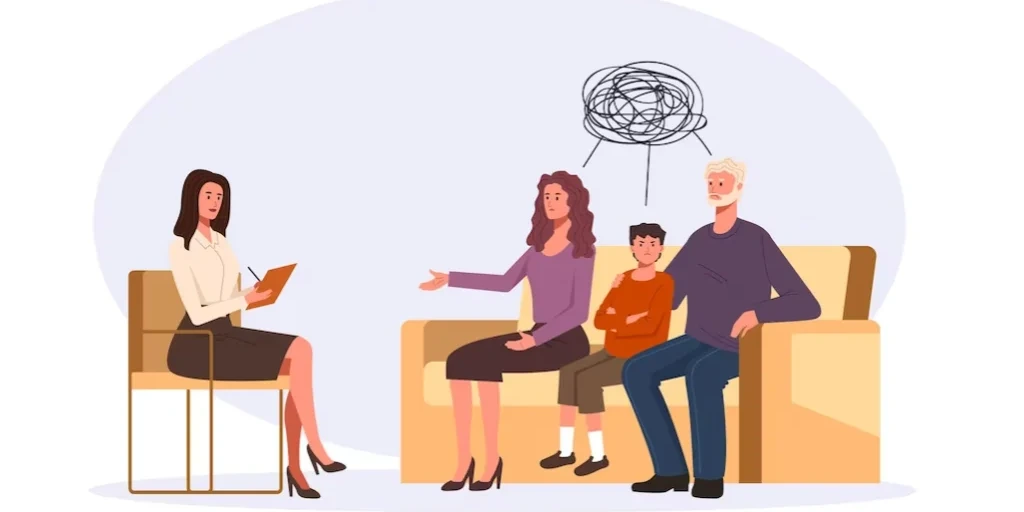24/7 Helpline:
(866) 899-111424/7 Helpline:
(866) 899-1114
Learn more about Eating Disorder Treatment centers in Hood River

Other Insurance Options

Access to Recovery (ATR) Voucher

Health Partners

Medical Mutual of Ohio

Magellan

BHS | Behavioral Health Systems

CareSource

Optima

Providence
Beacon

Self-pay options

Health Choice

Kaiser Permanente

Absolute Total Care

Covered California

Magellan Health

Humana

Meritain

American Behavioral

CareFirst

Private insurance

Providence Hood River Memorial Hospital Behavioral Health
Providence Hood River Memorial Hospital Behavioral Health is a private rehab located in Hood River, ...

Mid Columbia Center for Living
Mid Columbia Center for Living is a public rehab located in Hood River, Oregon. Mid Columbia Center ...








































